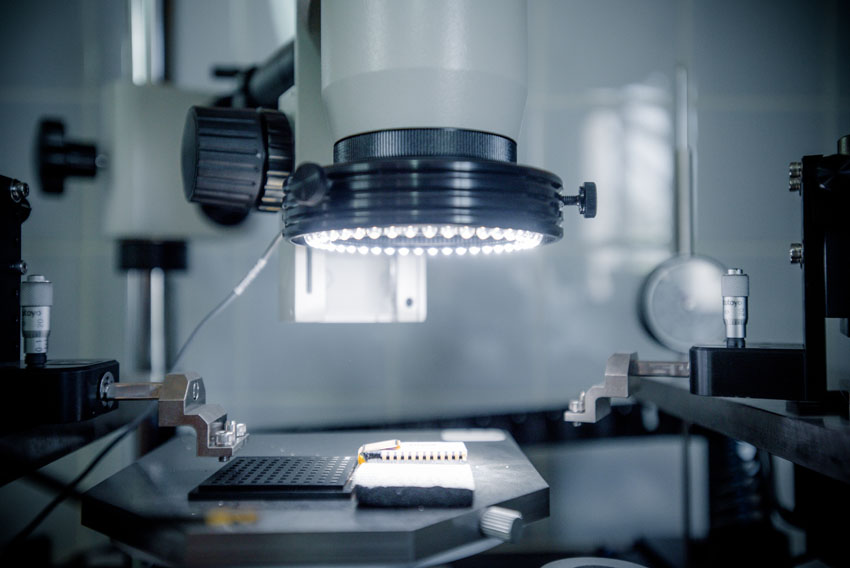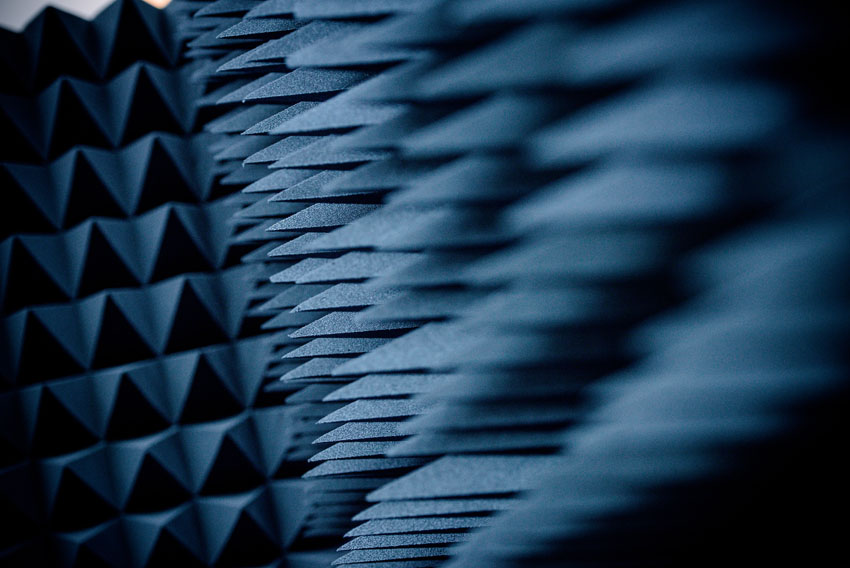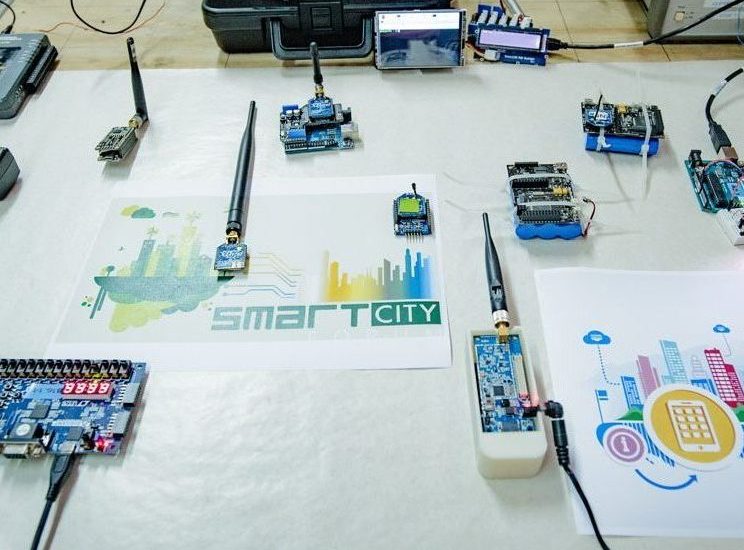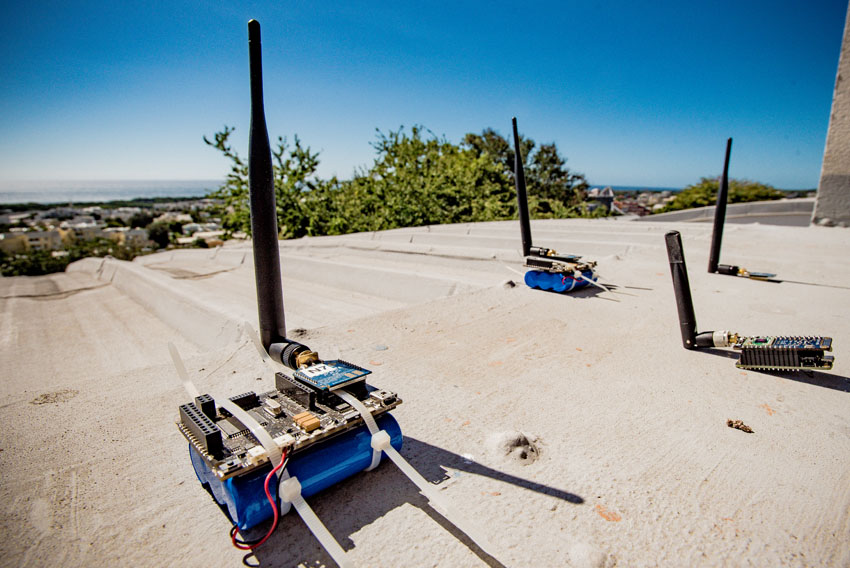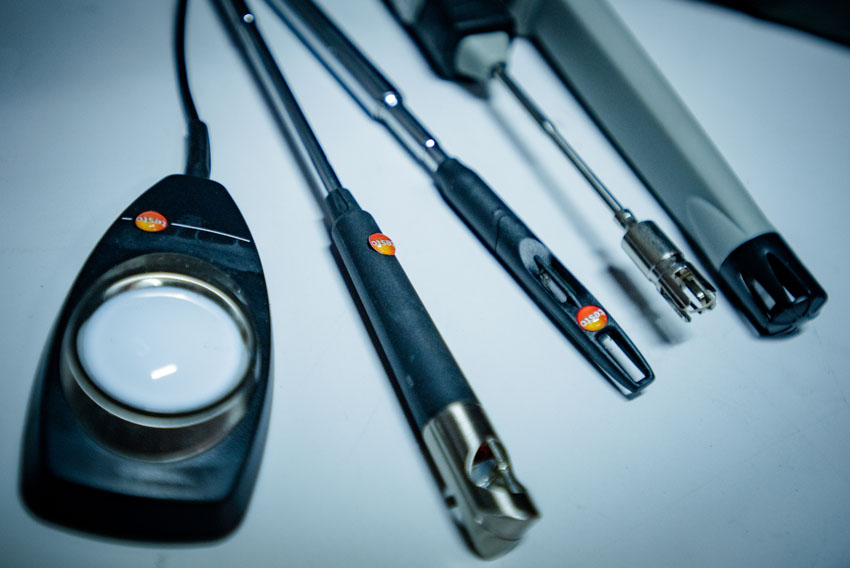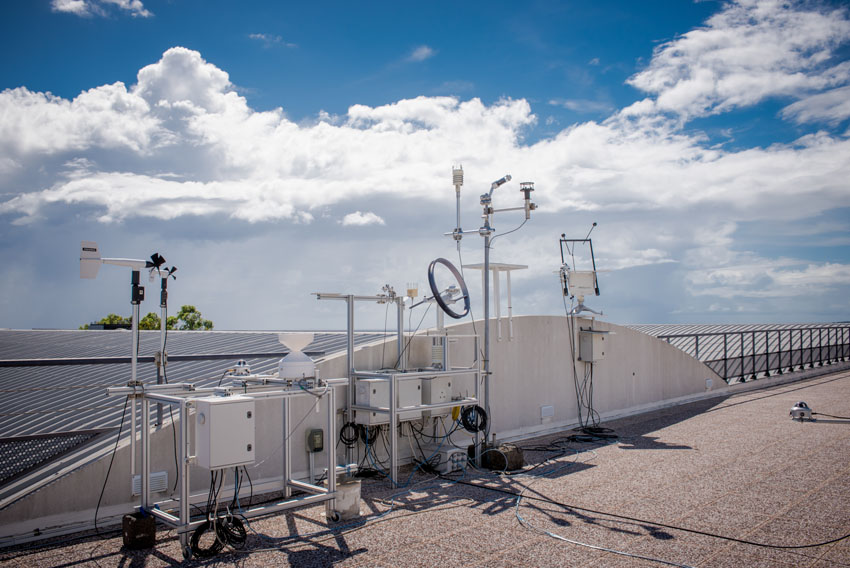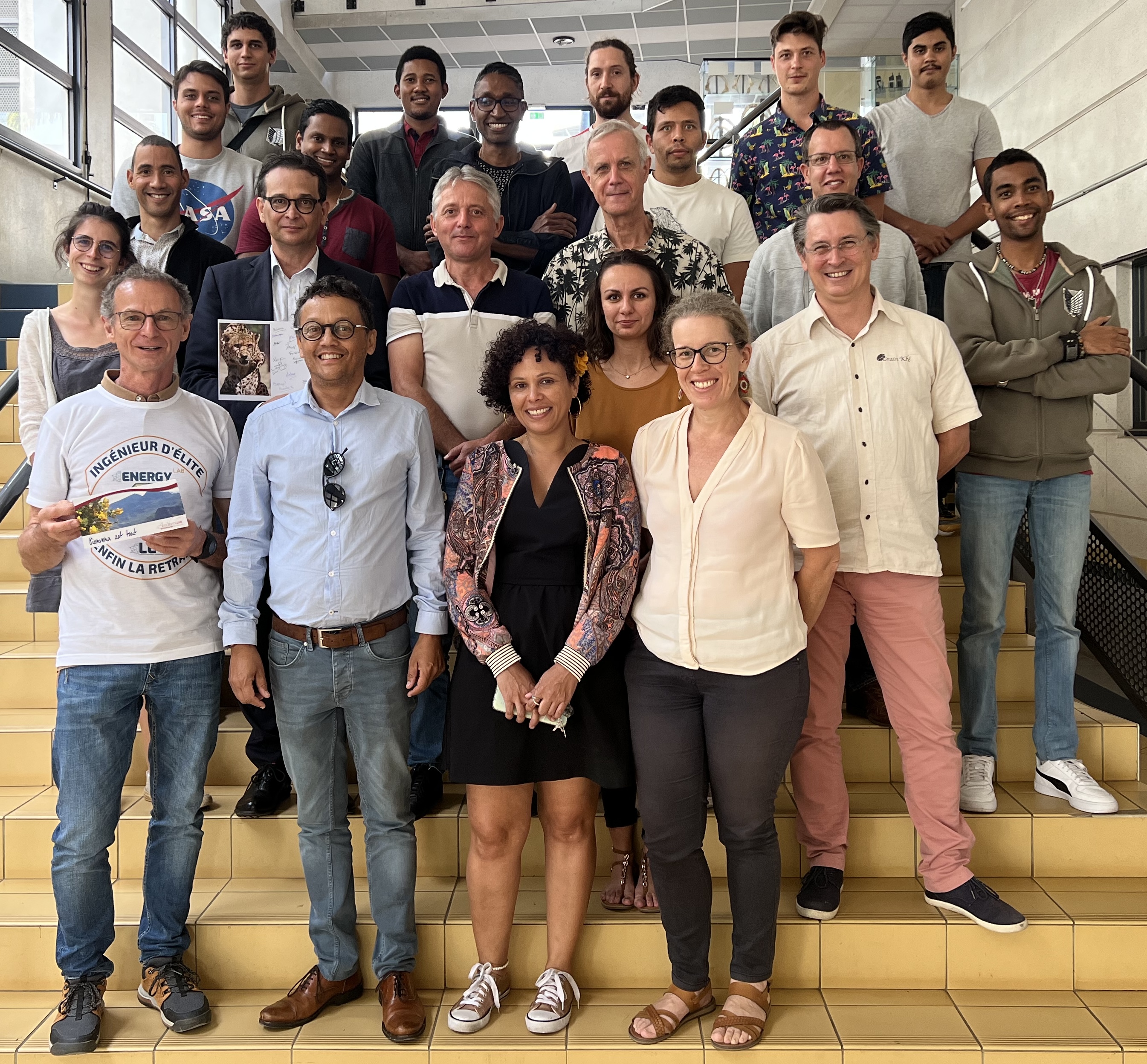Presentation
DeepRun – Deep Learning for Reunion Energy Autonomy
The intelligent specialisation strategy for research and innovation S3 2021-2027 of the Réunion Region seeks to achieve the objective, among many others, of electrical autonomy by 2023 (Siby, 2020). And the regional programme “Green Revolution, La Réunion île solaire et terre d’innovation” proposes to further encourage renewable sources (solar, wind, thermal, biomass) and to store unused energy by sustainable means. Priority areas 1 and 4 of the ERDF programme are to invest in the levers of growth and to move towards energy transition and electrical autonomy. Two levers are available: the first is the increase of renewable energies (biomass, solar, etc.) and the second is the control of intermittent energies (solar and wind) through hydrogen storage.
By 2023, coal-fired power stations will have to be converted to biomass power stations (ALBIOMA, 2020). However, to date there is no detailed mapping of the agricultural area on Reunion Island, making it difficult to characterise the agricultural areas on the scale of the island. Remote sensing using satellite images offers a means of producing large-scale knowledge of soils at a reasonable cost. This image capture not only makes it possible to reach areas that are difficult to access, but also opens up the possibility of periodic revisits for project monitoring. Vegetation is easily distinguished from concrete (Gaetano et al., 2018). However, differentiating sugarcane from maize, or wooded Creole orchards with satellite resolutions is a much more difficult task. Here, recent Deep Learning approaches promise to efficiently analyse the phenomenal amounts of data (Watanabe et al., 2020) and improve land use classifications while being easily exploitable by a user (Ayhan et al., 2020). These tools will thus be implemented in the DeepRun project to obtain fine maps of land use.
Among all the means of sustainable storage, hydrogen represents an energy vector of the future, very promising for the territory. In this sense, France has just launched the hydrogen recovery programme for 2030. Despite this, many technological and societal obstacles remain to be resolved. To reduce production costs, Japan, for example, has just inaugurated the largest electrolyser plant in the world. One of the many challenges is the lack of reliability through the occurrence of malfunctions (Dijoux et al., 2017). Conventional diagnostic tools only integrate external variables which are difficult to interpret with little sensitivity. The DeepRun project aims to improve the understanding and detection of these faults by integrating internal observations with classical tools. And, recent Deep Learning methods show excellent results in this kind of application (Haas et al., 2020).
The postdoctoral project DeepRun investigates in a transversal way artificial intelligence tools for image recognition in order to support a transition towards energy independence.
Postdoctoral project duration: 18 months (October 2021 – March 2022)


